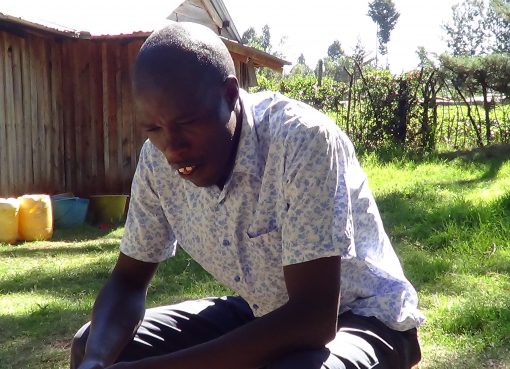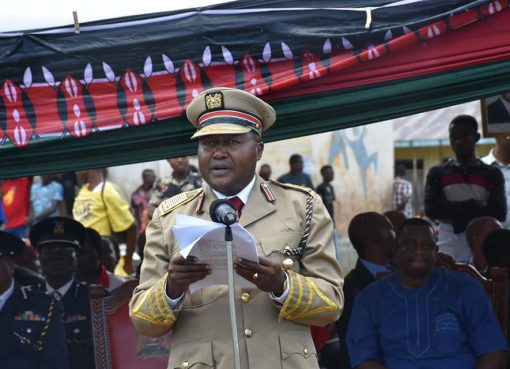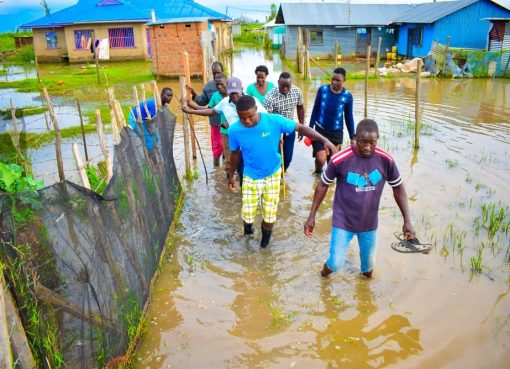| A Kenya News Agency writer, Daniel Wagema Mwangi has been named the second-best journalist in Africa in the Print English Category during the recently concluded African Climate Change and Environmental Reporting (ACCER) 2020 awards.
Mwangi, an employee of the Ministry of ICT, Innovation and Youth Affairs over the last 11 years, is currently serving as the Information Officer in charge of Taita Taveta County. ACCER awards is one of the Africa’s most competitive event and is awarded after every two years in recognition for excellence in climate change and environmental journalism in Africa. It is managed by Pan-African Climate Justice Alliance (PACJA), a consortium of over 1,000 organizations from 48 countries that focus on people-driven approaches to combating climate change and environmental challenges. The awards ceremony where he was feted was held virtually on the sidelines of the fifth-edition of the United Nations Environment Assembly (UNEA-5) on 23rd February. A total of 25 journalists from across Africa were cited for exemplary work. The winners were drawn from several countries in Africa including Benin, Ghana, Nigeria, Burkina Faso, Togo, Cameroon, Uganda, Malawi, Kenya and Algeria. Speaking to KNA Nairobi Thursday, an elated Mwangi said it was a rare honor to be mentioned alongside other great environmental and climate-change writers in the continent. He added that climate change is a looming threat that needed to be placed at the center of all global socio-economic and political discourses. Last October, Mwangi submitted two feature stories on environmental conservation as his entries for the ACCER awards. Both stories highlighted the innovative and sustainable methods farmers and fishermen in some remote villages of Mombasa and Taita Taveta counties are employing to combat environmental degradation. The first story dwelt on artisanal fishermen at Kuruwitu in Mombasa who have started their own initiative to reclaim degraded fishing grounds. Their efforts have since seen fish stocks in the water rise significantly and the marine ecosystem restored. He also submitted a feature on how farmers in Vuria village in Taita-Hills were planting trees as part of efforts to rehabilitate degraded sections of the water tower and save two of the most endangered bird species in the world. “It’s very uplifting to find rural communities are adopting initiatives and inventing their own innovative ways of tackling climate change, without waiting for donors or the government to come in. Such stories need to be told by everyone,” reiterates Mwangi. He noted that the trajectory of modern journalism is slowly drifting from not only focusing on the challenges, but also highlighting on how communities and people are tackling the same. “Solution-based journalism is the future of writing. It gives hope and treats people as beings capable of triggering change in their circumstances,” added Mwangi. During the awards ceremony, Olatunji Ololade from Nigeria emerged the winner in the English Print Category while Amindeh Blaise Atabong from Cameroon was named second-runner’s up. The overall winner for the 2020 ACCER awards was Peter Labeja, an investigative reporter from Uganda. by James Gikundi
|
KNA journalist shines in 2020 ACCER awards





